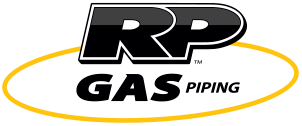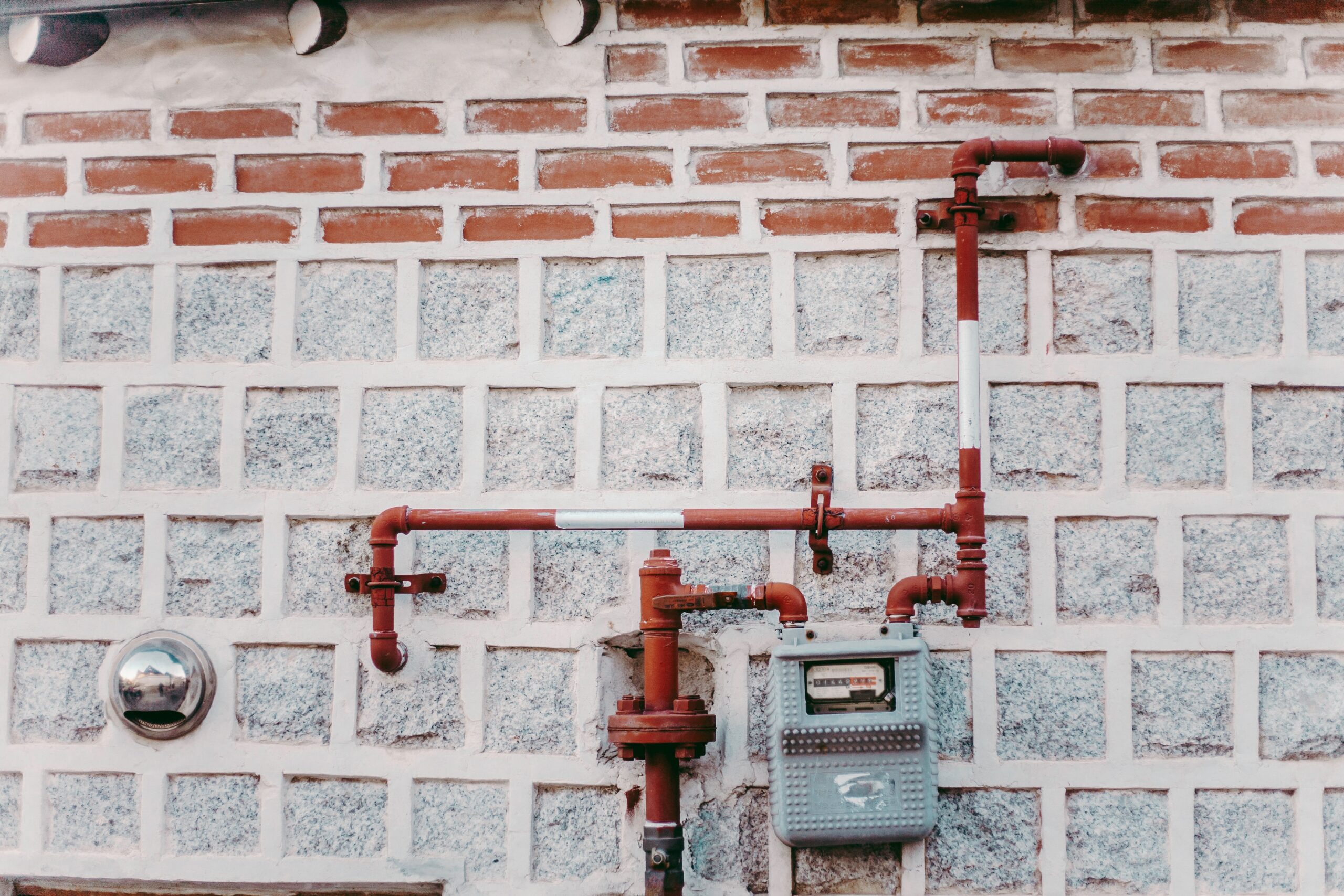When it comes to your home, there are few things more important than ensuring that gas pipes are installed correctly. Whether you’ve just moved into an older house or you’re remodeling your existing home, if you find you need to reinstall gas pipes, add new appliances, or design and install a system that will supply multiple appliances such as pool heaters, spa heaters, fire pits, and barbeques, it’s not something to take lightly.
These are six key factors to consider when it comes to gas pipe installation.
1. Determine where gas pipes are on your property before you start any kind of construction.
Do you know where gas pipelines are on your property? In the excitement of a new project, many people jump right into construction, demolition, or renovation without proper planning.
Most homeowners and business owners will be aware of whether or not there is a natural gas supply and meter to their home, but many do not know the number of and where the actual gas lines are located on their property, or if they are underground or above ground.
Without a full understanding of all the sources of natural gas on your property:
- Repair charges and emergency charges can be billed directly to you if damage is done or a dangerous situation is created.
- You could face a fine or criminal charges if you fail to accurately locate underground utilities.
- If an unknown natural gas line leaks outside or inside a wall and you are not aware that the line exists, it can be very dangerous and potentially deadly.
- You could end up paying a large sum of money, not only for the leaked gas over time but also to repair the leak.
Any time there is construction on a property or structure that has natural gas lines, it is critically important to locate gas lines before any work gets underway.
2. Make sure your gas pipelines are properly inspected and permitted.
In Arizona, specific permit procurement is required and must be completed to ensure that the proper inspection of the work is completed.
Permits are obtained from the local board or authority where they will explain the necessary procedures. These include the length of time the permit covers, the inspections that are necessary, and the “Green Sticker” requirement for a legally compliant installation.
Permits and inspections ensure that the gas pipeline installation was completed properly, complying with all codes. A trustworthy gas pipeline installer will include the price of permit fees and inspections, rather than quoting a less-expensive rate, only to add these fees on afterward.
3. Routine inspections and maintenance of gas pipelines are crucial.
All metallic gas lines will corrode based on natural elements such as water, exterior exposure, improper installation, the coating being scraped or nicked during installation, or proper precautions not being taken. For the safety of your employees or family, it is important to spot and repair any gas pipe corrosion before it becomes a leak.
During a routine inspection, trained gas pipe plumbers will check all of the gas pipes that are connected to your house to locate the spots where they have begun to rust to the point of potential leakage. This should be a priority especially if you’re living in an older home (the 1960s or older) as you don’t want to leave any potential fire hazards unfixed. A proactive approach to gas safety ensures a worry-free home or business for you.
4. Bargain hunting for gas line installation is a bad idea.
Every year RP Gas Piping finds gas piping and gas appliances that have not been properly installed. An unlicensed, untrained and unqualified contractor (or landscape contractor, general plumber or handyman) can leave you with substandard work—a costly mistake that will not be a bargain in the long run.
While it may be possible to skimp on natural gas or propane gas plumbing inspections and repairs for now, the damage caused by corrosion or incorrect installation will turn up on later inspections such as when the sale of a home or property is in progress. Gas lines will fail if the proper procedure and materials are not used when the installation process is completed.
The cost of repairs and liability at that point will be much higher than proper maintenance in the first place.
Be sure to verify with the Arizona Registrar of Contractors (AROC) that your contractor is licensed and qualified for gas line and propane tank installation. Check a contractor’s license number online at http://www.azroc.gov/ or by calling 602-542-1525 or toll free 1-877-MYAZROC (1-877-692-9762).
5. Using a licensed gas line contractor is the ONLY safe and logical choice.
While there are plenty of projects around the house that can be done by yourself, installing natural gas is not one of them.
If a faulty furnace or other gas-fueled appliance does not burn natural gas properly or is not vented properly, carbon monoxide can begin to build in the home. Carbon monoxide is dangerous when inhaled because it robs the brain and organs of the oxygen necessary to function and the poisoning symptoms are similar to those of the flu.
Worst-case scenario, improper installation can cause a gas explosion.
Any time there is gas line piping involved, even for something as simple as connecting a gas range, you will need to consult with professional gas line plumber to help you determine where gas sources and gas lines are located.
RP Gas Piping cannot overstate the importance of hiring a proper contractor who is licensed and qualified for gas line installation. Only then can you be certain that the workmanship, materials, permits, and inspections are completed to the highest safety levels.
When conducting your search for a gas line service company, be sure to hire only gas line contractors that are licensed with the state and local authorities and are in good standing with the Better Business Bureau (BBB) and governing contractors’ association. In the Phoenix, Arizona area and throughout AZ, that is the Arizona Registrar of Contractors or AROC.
6. RP Gas Piping can be trusted for your gas pipe installation needs.
At RP Gas Piping, we know there are many companies to choose from. We believe we stand out from the rest. Our commitment to safety, our proven results, and our specialized expertise are just some of the reasons you can trust RP Gas Piping.
- Specialized expertise: We specialize in installing natural gas piping and propane systems—that makes us experts in natural gas and propane. If there are new safety codes, we’re aware of them. Is new technology being developed? We’re on top of it. And if new systems come to market, we will know how to work with them.
- Safety is our priority: At RP Gas Piping, we take the safety of both our employees and our clients seriously. Not only do we equip our crew members with safety knowledge, but we also ensure all precautions are taken to create a safe environment for everyone.
- Better business rating: We’re proud to say that RP Gas Piping has an A+ rating with the BBB. We take our A+ rating seriously and do everything we can to maintain that status.
- Proven results: One of the best things about working at RP Gas Piping is knowing that our customers leave satisfied. We value our customers and always strive to create the best experience possible for them.
RP Gas Piping has met the highest standards and our customers leave satisfied. If you have a question about your natural gas or propane system, please contact us and we’ll be happy to help.
Enjoyed this article? Here are three more to help you:


